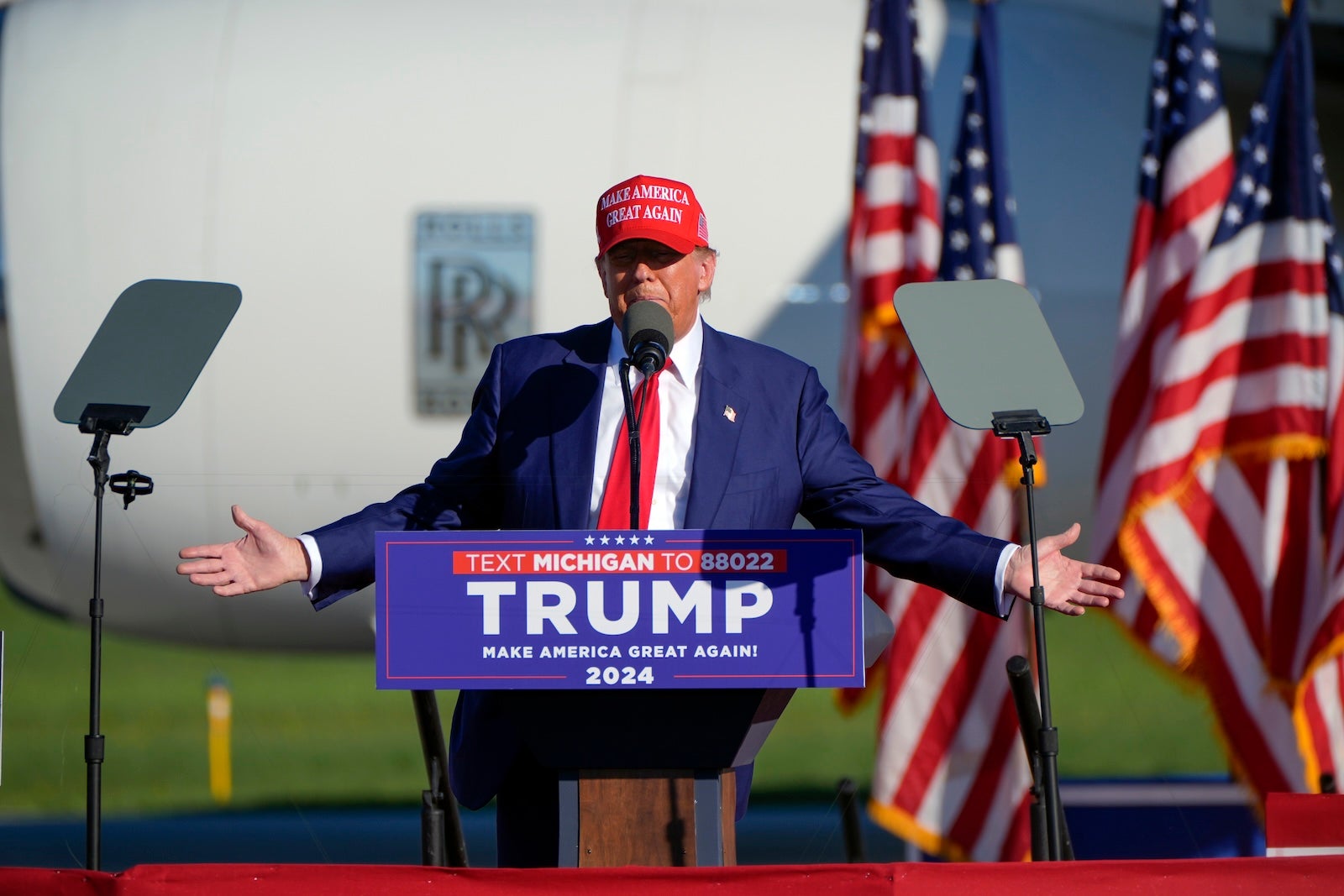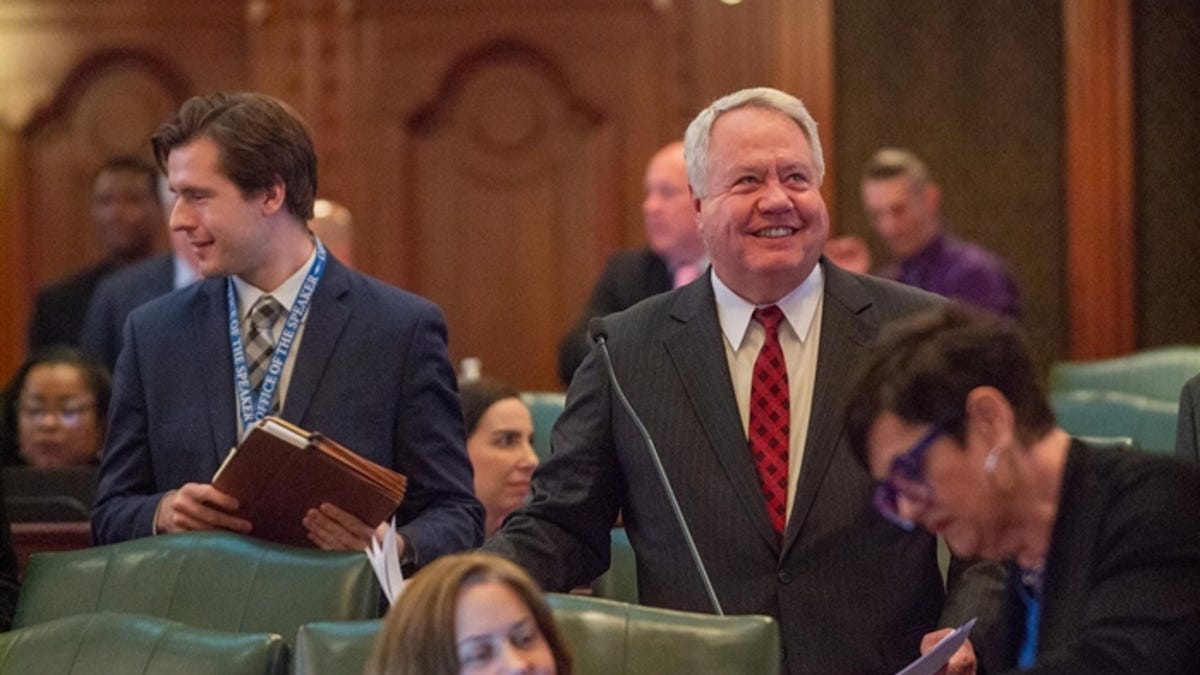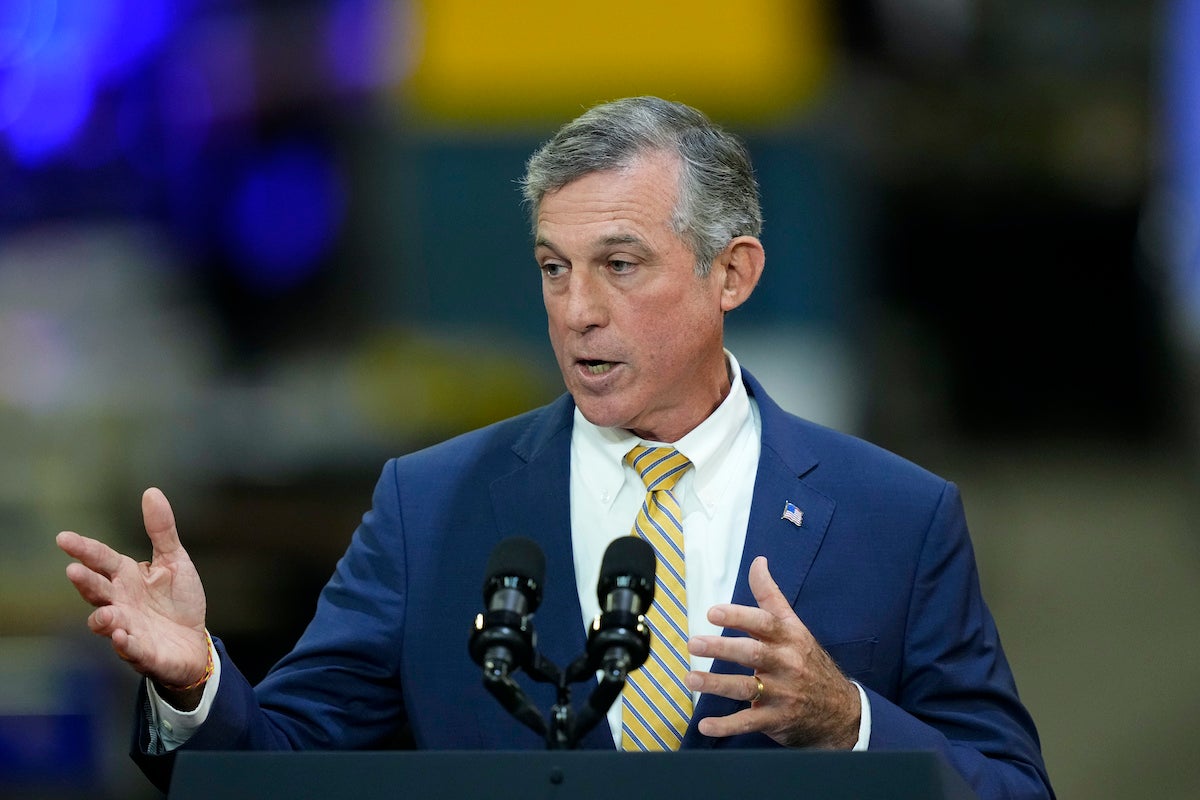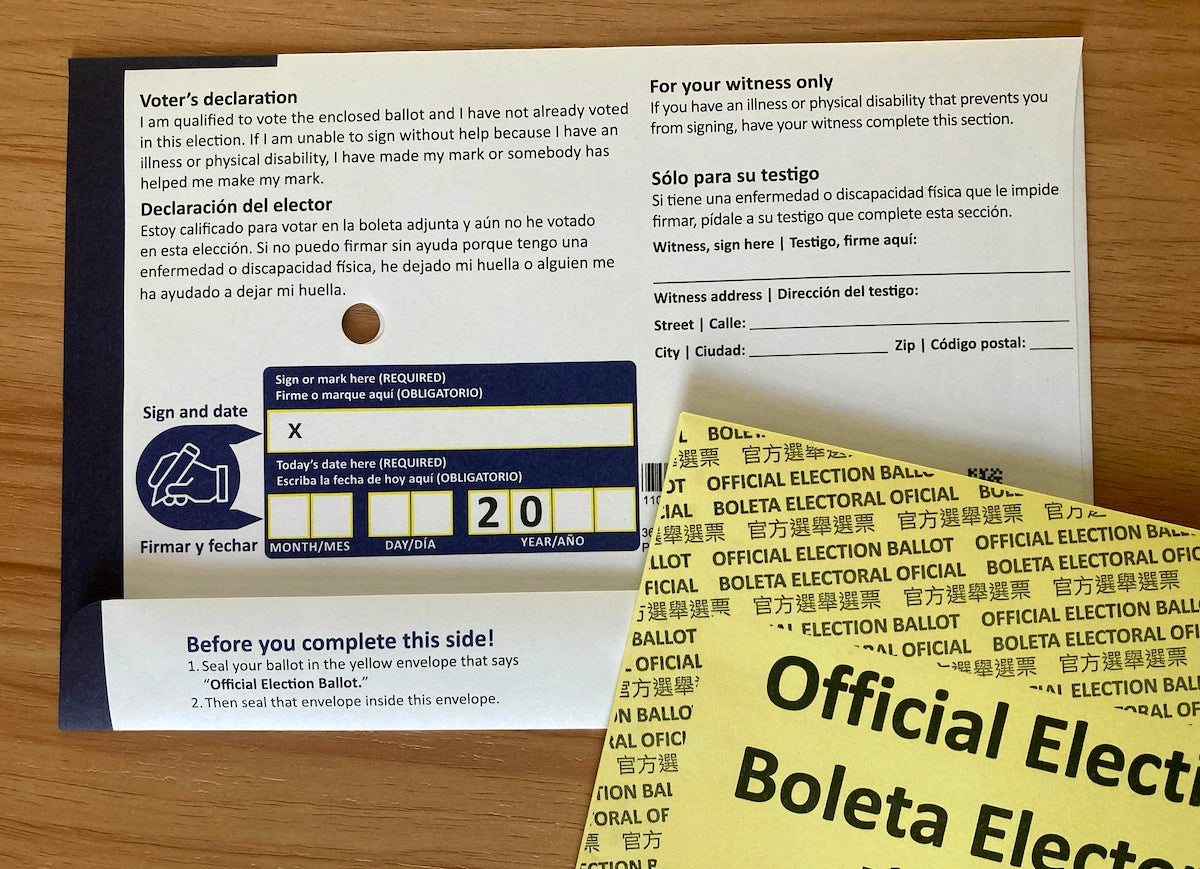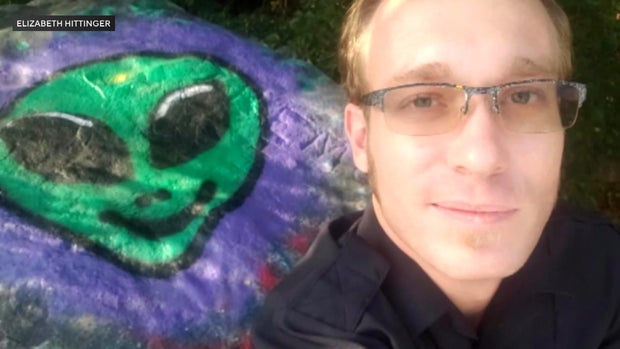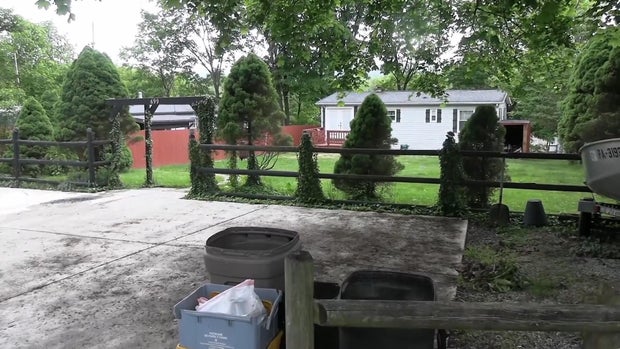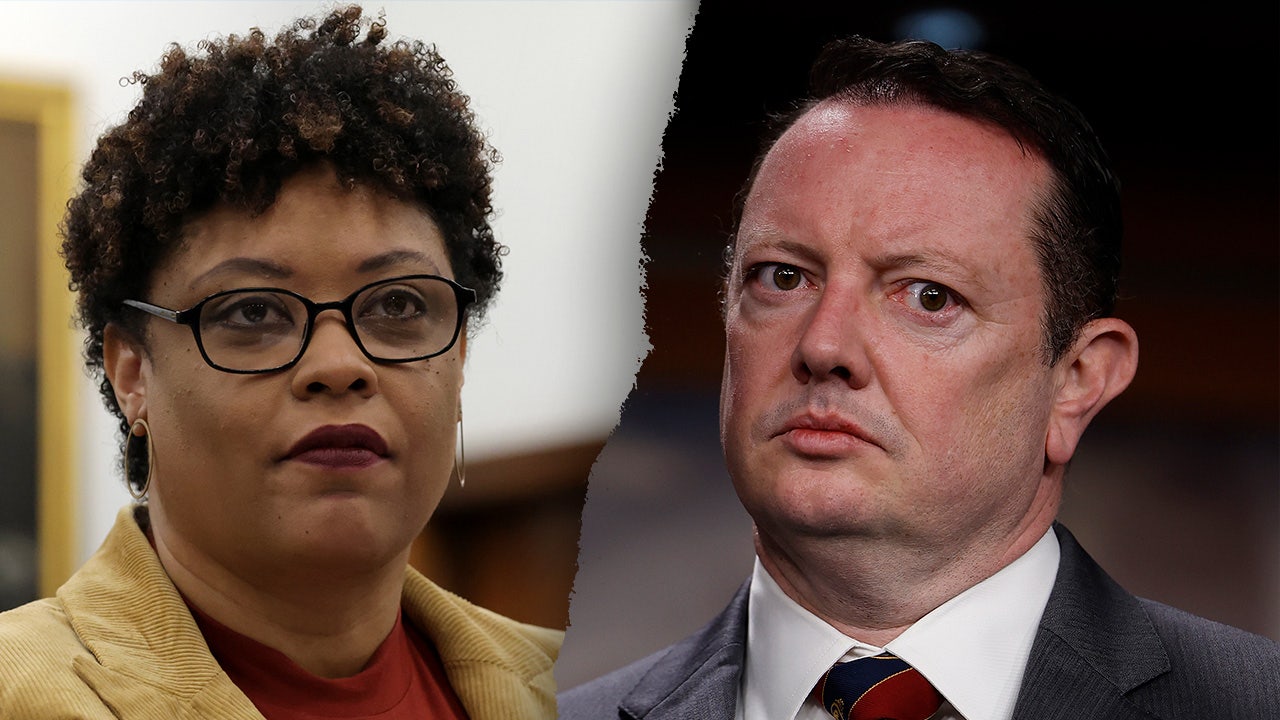Pennsylvania
Pennsylvania Democrats advance election bill to process ballots faster
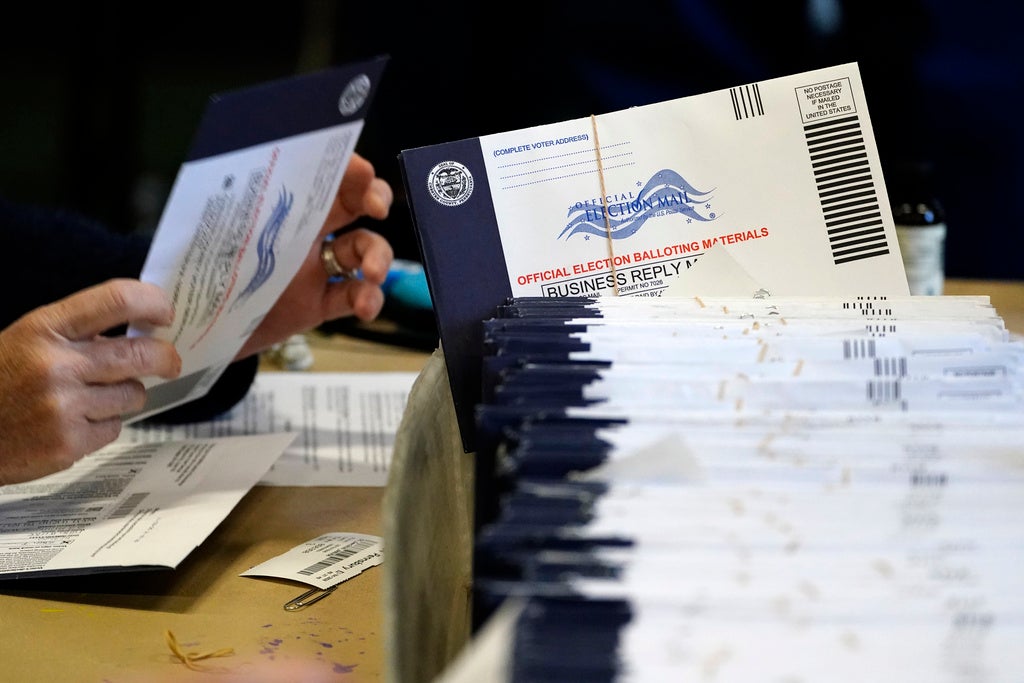
The County Commissioners Association of Pennsylvania backed the bill, saying that having more time to process mail-in ballots before polls close — called “precanvassing” — will help them manage the workload and ensure quicker results.
“This simple change would significantly improve election administration without compromising ballot security,” Lisa Schaefer, the association’s executive director, said in a statement.
Schaefer asked the Senate to quickly advance the bill to Shapiro so that it can be implemented for November’s general election.
But Senate GOP Majority Leader Joe Pittman insisted Wednesday that Pennsylvania must toughen voter identification requirements as a companion to any legislation on election administration — a demand Republicans have made since 2021.
Democrats have opposed such a change, saying there is scant record of in-person voting fraud and that it will only prevent some registered voters from voting.
A surge in mail-in ballots in 2020’s presidential election shined a spotlight on Pennsylvania’s requirement after it took four days of counting for news agencies to project Biden as the winner of Pennsylvania, giving him the electoral votes necessary to win the White House.
However, Trump and his allies tried to exploit the days it took after polls closed to tabulate the millions of mail-in ballots to spread baseless conspiracy theories and cast doubt on the legitimacy of the election.
Republicans revived those claims during Wednesday’s nearly hourlong floor debate.
“Under this legislation, they’ll take votes from anyone, anytime, anywhere, legal or not,” Rep. Martina White, a Republican from Philadelphia, said during floor debate.
One Republican lawmaker referred back to baseless claims that partisans in Philadelphia, a Democratic bastion, shut down vote-counting to falsify enough mail-in ballots for Biden after polls closed to overcome Trump’s advantage among those voting in-person at polling places.
“This vote will take us back in the days where cities close with one leader for president and opened again with another,” said Rep. Eric Nelson, a Republican from Westmoreland.
House Majority Leader Matt Bradford, a Democrat from Montgomery, said it is shameless to suggest that the legislation is partisan and that lawmakers should pass it to help guarantee a timely and accurate election result while avoiding a repeat of 2020.
“This is simply about giving people a timely result in an election so we don’t have what we had in 2020,” Bradford said during floor debate. “The mindless conspiracies. The election denialism. I’ve heard so much over the last 20 minutes of debate that remind me so much of the horrible months that followed the November 2020 election.”

Pennsylvania
Pennsylvania man accused of murdering roommate, scattering body parts in 3 locations

SLATINGTON, Pa. (CBS) — A Pennsylvania man was arrested after state police said they found his roommate’s body scattered in three locations, including a trail, a cemetery and a quarry.
Police said 37-year-old David Hittinger’s dismembered body was discovered in Slatington, just 15 miles north of Allentown, Pennsylvania.
The concern for Hittinger began Monday when a friend called state police.
“It was unusual that they had not heard from him in that period of time, [they] expected to hear from him.” Lehigh County District Attorney Gavin Holihan said. “It was his birthday.”
That call led to a search the following day of 33-year-old Joshua Moser’s home, where investigators said Hittinger recently moved in as a roommate.
“As a result of that search warrant,” Holihan said. “Blood, hair, and other evidence were found in the basement of that home.”
Holihan said, on Wednesday, investigators found more evidence in the home.
“Items that were recovered included a saw, a boxcutter, more evidence of blood, including bloody clothing,” Holihan said.
Authorities found Moser in Monroe County where he was taken into custody on a parole violation. He pleaded guilty in a fatal DUI crash in 2016.
“Later that evening, the discovery was made at the Fairview Cemetery in Slatington,” Holihan said. “That discovery was physical evidence. That physical evidence included body parts, dismembered body parts of David Hittinger.”
The criminal complaint says Moser has admitted to the crime. Investigators did not release a motive.
Pennsylvania
Pa.’s judges must reveal the perks they accept, but the public won’t find those disclosures online
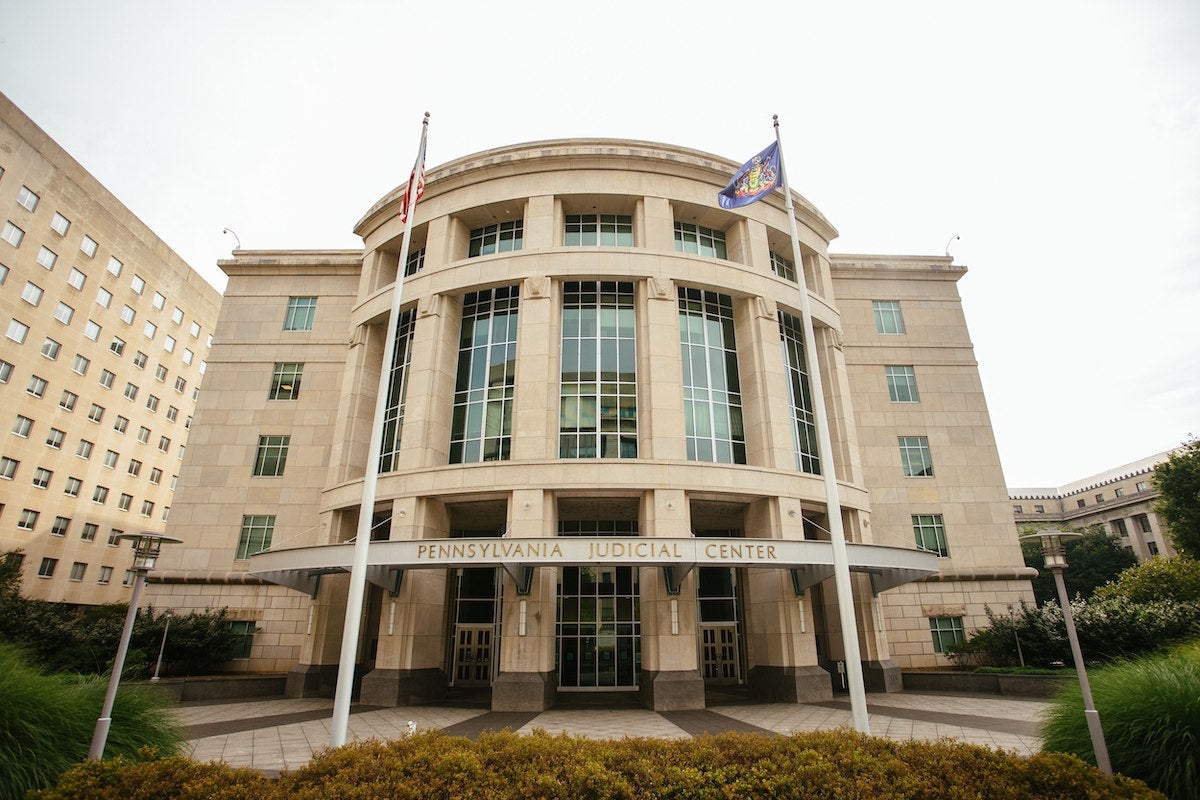
This story originally appeared on Spotlight PA.
Every year, thousands of officials in state government must fill out reports by May 1 that disclose their sources of income, creditors, and business interests, as well as any gifts, hospitality, or other perks they accepted.
Those reports, called statements of financial interest, are then made publicly searchable and available online. The forms are a key way for the public to gain a deeper understanding of their elected officials’ financial ties, as well as discover which outside groups may be trying to influence public policy decisions.
Pennsylvania’s judges, however, play by somewhat different rules.
Though they too must file annual disclosures, theirs aren’t posted online. The public must ask for copies — provided they know where to go for that information.
Some good-government advocates say this creates an unnecessary inconvenience for anyone trying to quickly access fundamental information about Pennsylvania’s judiciary, a critical branch of government with great power over civil and criminal matters.
“Judges are public officials, and there are many special interests trying to influence the courts,” said Michael Pollack, executive director of March On Harrisburg, a group that pushes for transparency in government, as well as a ban on gifts to elected officials.
“When you erect barriers, you are denying access,” he said.
Stacey Witalec, spokesperson for the Administrative Office of Pennsylvania Courts, did not answer a question about why the courts do not post financial interest statements for judges online. “While not posted on our website, the Court makes the statements of financial interest available upon request,” she said in an email.
She did not elaborate.
Statements of financial interest are at their core a tool to increase public trust in government. But they also can act as deterrents, the thinking being that disclosure makes it less likely a public official will engage in any conflicts of interest. The importance of a robust reporting system was amplified following media investigations last year that revealed several U.S. Supreme Court justices had not disclosed certain gifts and travel.
Pennsylvania
McCormick Campaign Challenges Casey's County Visit Claims Amid Pennsylvania Senate Race – MyChesCo

PHILADELPHIA, PA — The race for the Pennsylvania Senate seat heats up as Dave McCormick‘s campaign casts doubt on incumbent Senator Bob Casey‘s claims of visiting all 67 counties in the state annually. Elizabeth Gregory, communications director for the McCormick for Senate campaign, didn’t hold back in her criticism, suggesting that Casey’s alleged falsehoods indicate a broader disconnect with Pennsylvanian concerns, particularly on issues like inflation and energy policies.
During an interview on the WCHE Morning Show, Casey emphasized his commitment to Pennsylvania by stating he visits “every county every year, basically, which is what I’ve done for years now.” This claim, however, has been disputed by a Broad & Liberty investigation, revealing that Casey’s actual travel record falls short of his assertions.
The investigation points out a significant discrepancy in Casey’s claims, noting that his campaign and legislative pages only document visits to 39 counties in the past 16 months, a far cry from the 67 he mentions. This revelation raises questions about the authenticity of Casey’s outreach efforts and his connection with constituents across the state.
On the other side of the political aisle, Dave McCormick showcases his commitment to statewide engagement, with his campaign reporting visits to 60 counties this election cycle alone, aiming to cover all 67 by the end of May. This swift pace of outreach contrasts sharply with Casey’s contested claims, suggesting a more hands-on approach from the McCormick camp.
The issue of whether elected officials maintain close ties with their constituents is a perennial one, with trust in government at notable lows. Casey’s approach, emphasizing face-to-face engagement, theoretically serves as a bridge between governance and voter concerns. However, the discrepancy highlighted by McCormick’s campaign and the investigation by Broad & Liberty paints a complex picture of Casey’s method of connecting with Pennsylvanians.
McCormick, leveraging his military background and experience in both governmental and financial sectors, positions himself as a fresh alternative to what his campaign labels as “career politician” Casey’s tenure. By focusing on direct engagement with counties statewide, McCormick aims to underscore his readiness to address the state’s pressing issues, contrasting with Casey’s alleged shortfall in statewide visits.
This development adds another layer of intrigue to the upcoming election, with voter engagement and trust emerging as central themes. As Pennsylvania gears up for a pivotal Senate race, the narrative around Casey’s travels—and the significance voters attach to such engagements—may well influence perceptions in a politically divided state.
With responses pending from Casey’s campaign, the dialogue around representation, trust, and accountability continues to unfold, setting the stage for a closely watched contest in November. The outcome could hinge not just on policy differences but also on the candidates’ success in genuinely connecting with Pennsylvanians across the diverse landscape of the Keystone State.
For the latest news on everything happening in Chester County and the surrounding area, be sure to follow MyChesCo on Google News and Microsoft Start.
-

 Politics1 week ago
Politics1 week agoRFK Jr said a worm ate part of his brain and died in his head
-

 World1 week ago
World1 week agoPentagon chief confirms US pause on weapons shipment to Israel
-

 News1 week ago
News1 week agoStudents and civil rights groups blast police response to campus protests
-

 World1 week ago
World1 week agoConvicted MEP's expense claims must be published: EU court
-

 Politics1 week ago
Politics1 week agoCalifornia Gov Gavin Newsom roasted over video promoting state's ‘record’ tourism: ‘Smoke and mirrors’
-

 Politics1 week ago
Politics1 week agoOhio AG defends letter warning 'woke' masked anti-Israel protesters they face prison time: 'We have a society'
-

 Politics1 week ago
Politics1 week agoBiden’s decision to pull Israel weapons shipment kept quiet until after Holocaust remembrance address: report
-

 News1 week ago
News1 week agoNine Things We Learned From TikTok’s Lawsuit Against The US Government
